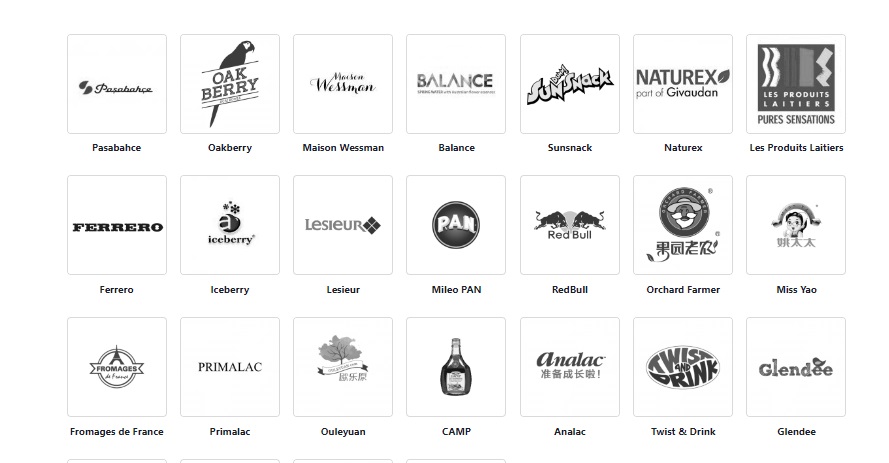Cross Border E-Commerce for Food in China
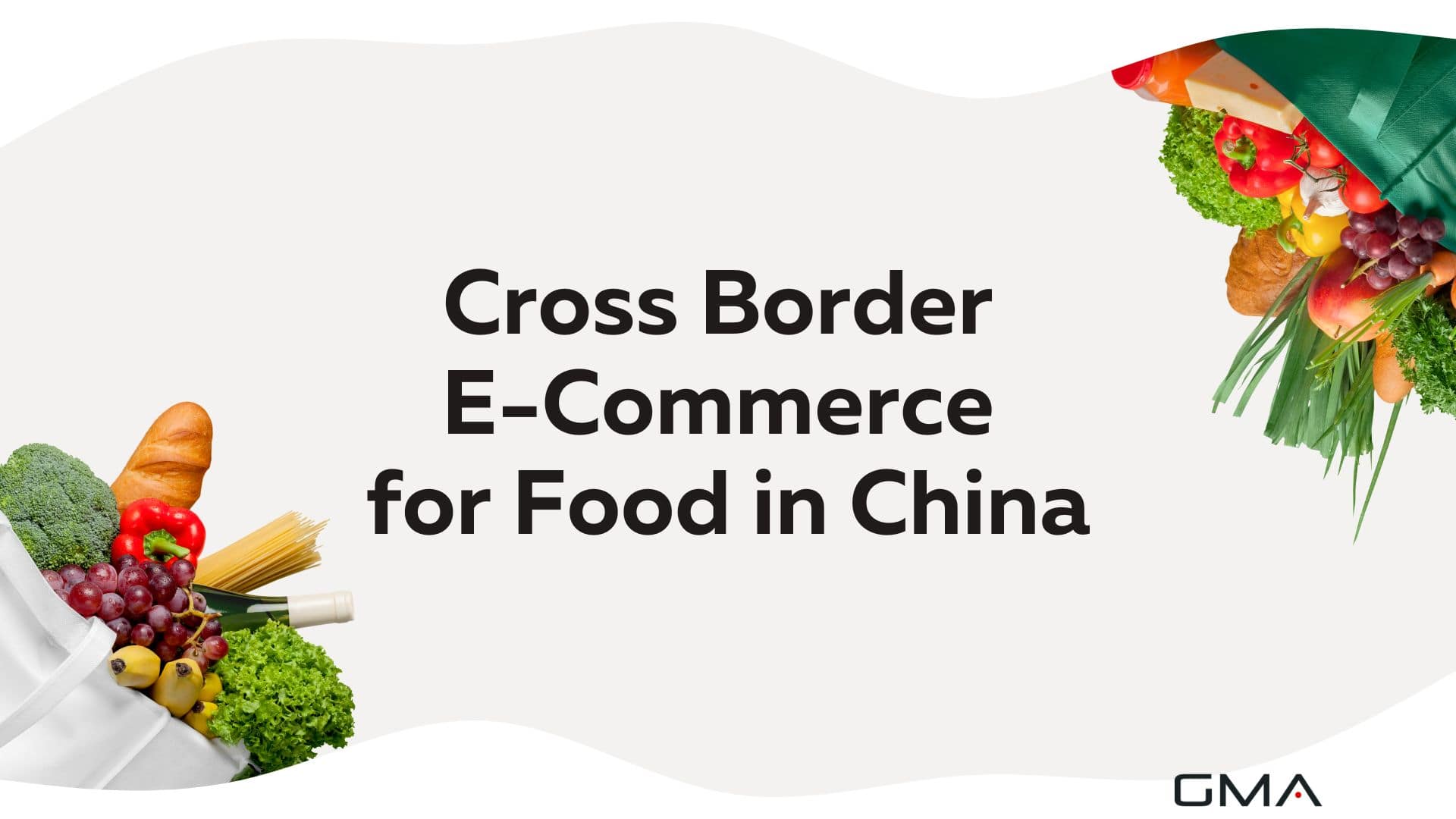
Cross Border E-Commerce for food refers to the online buying and selling of food products across international borders. It involves purchasing food items from overseas sellers or platforms and their subsequent delivery to consumers in China. This mode of commerce has gained significant traction due to the growing demand for high-quality, diverse, and authentic food products among Chinese consumers.
The cross-border e-commerce industry in China is experiencing a phenomenal surge, with its growth rate reaching unprecedented levels, and the overall cross-border trade accounting for billions of dollars annually. This remarkable trend can be attributed to two main factors: the expanding Chinese middle class and the widespread availability of internet access.
Cost-Effective Agency
KPI and Results focused. We are the most visible Marketing Agency for China. Not because of huge spending but because of our SMART Strategies. Let us help you with: E-Commerce, Search Engine Optimization, Advertising, Weibo, WeChat, WeChat Store & PR.
As a result, cross-border e-commerce has emerged as a highly favored and convenient avenue for Chinese consumers to procure a wide range of products and services from international businesses.
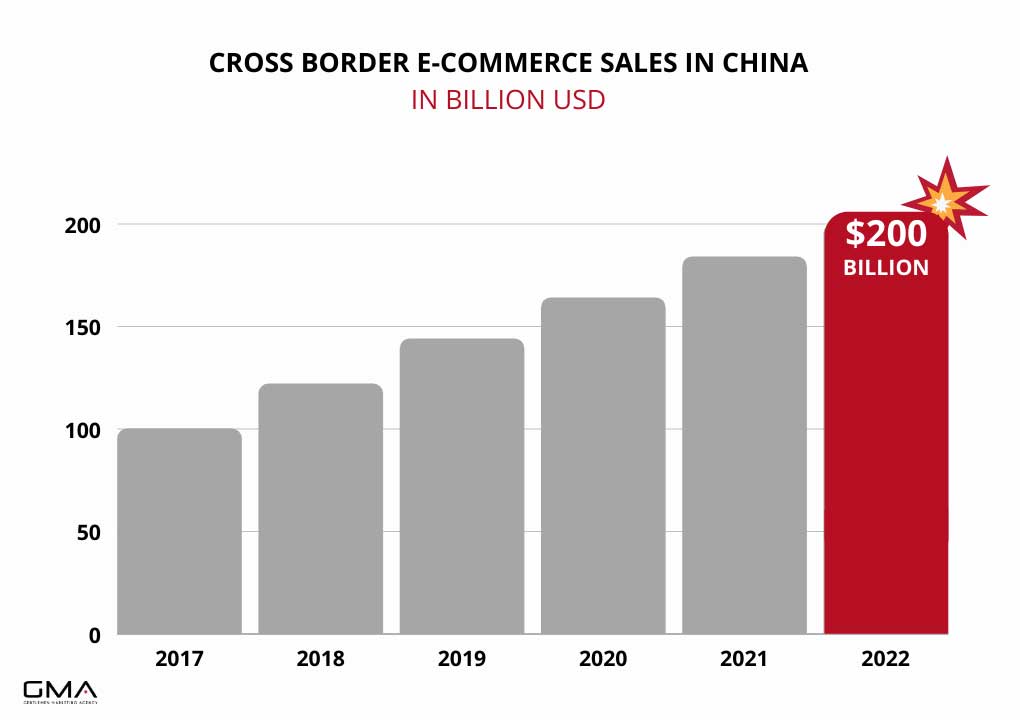
The Main Players in Cross-border E-commerce in China
Alibaba Group dominates the cross-border e-commerce landscape in China, holding a substantial 37.4% market share, thanks to its ownership of various platforms like Taobao and Tmall Global. Recently, Alibaba also acquired NetEase Kaola, further solidifying its position with a combined market share of 63.4%.
JD Worldwide, with a significant market share of 17.8%, is another prominent player in the cross-border e-commerce market, offering consumers access to a diverse range of international products.
Vipshop Global follows closely with an 8.8% market share, providing Chinese shoppers with a curated selection of global goods. Amazon Global, though holding a smaller share at 3.7%, remains a recognizable international brand and a viable option for cross-border purchases in China.
Pinduoduo, though relatively new to the scene, is making impressive strides and garnering attention as an emerging player in the cross-border e-commerce space.
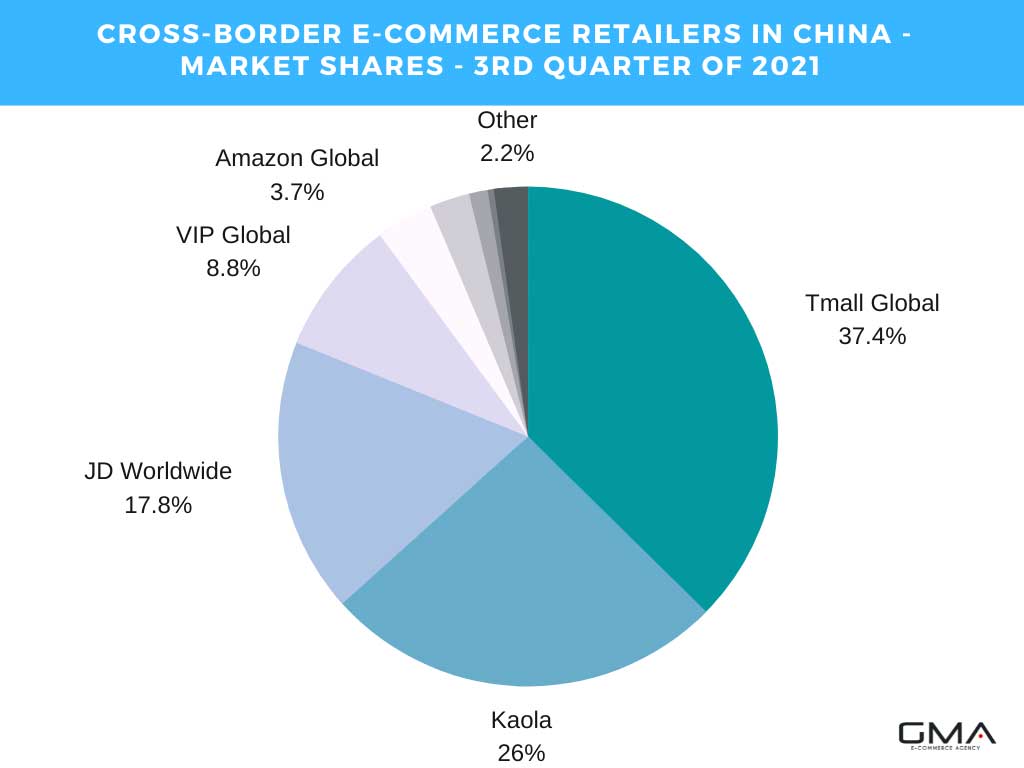
China’s Diversified Online Market for Fresh Products
The fresh food segment has emerged as a burgeoning and dynamic sector within the e-commerce landscape of China. In the year 2022, this sector witnessed remarkable growth, with the gross merchandise volume (GMV) of fresh food e-commerce surging to an impressive 560.14 billion yuan.
This significant increase marked a substantial uptick from the previous year’s GMV of about 465.81 billion yuan, indicating a rapid expansion and strong consumer demand for online fresh food purchases.
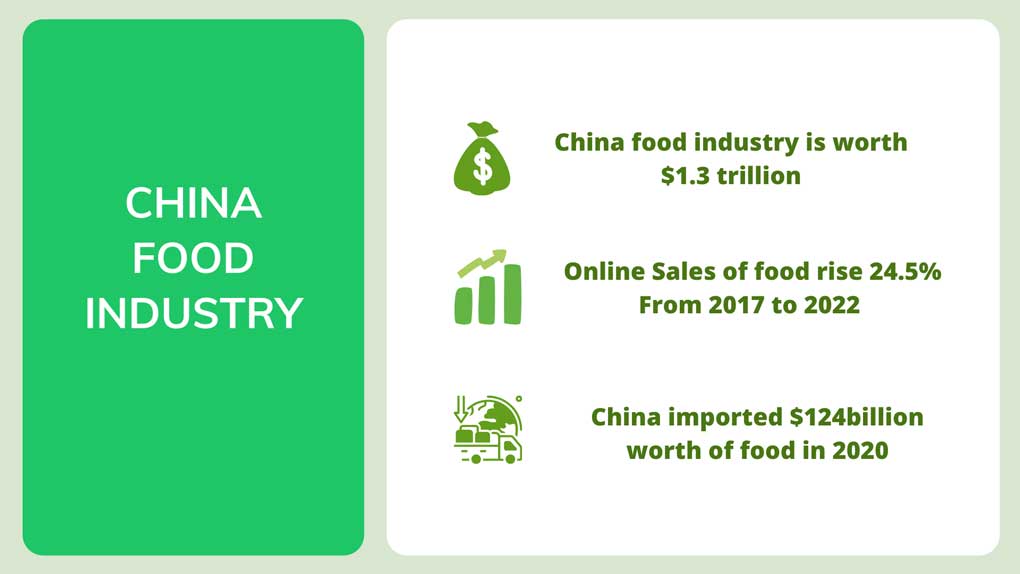
The Soaring Demand for Fresh and High-Quality Products in China
The taste of Chinese consumers for fresh food continues to grow. A recent survey conducted by the consultancy firm showed that fresh food is now the most requested product category. 63% of consumers in the survey say they intend to buy more and more fresh, high-quality food over the next few years.

With the growing demand in the future, this sector is already attracting the attention of many new players online and offline, and it is expected to increase sales in the coming years.
Chinese consumers are also more likely to buy fresh products online. A survey found that 24% of consumers were satisfied with fresh food purchased online, compared with 17% who were more satisfied when shopping in stores. Price is not the only online sales engine in this category, as the Internet also offers convenience and a better selection of products for Chinese consumers.
Nowadays, manufacturers and merchants focus on the presence of many channels and platforms; Online, offline, mobile, and social. This makes the landscape very fragmented and pushes traders to multi-vendor operations.
Regulatory Compliance and Legal Considerations
When engaging in cross-border e-commerce for food in China, foreign brands must have a comprehensive understanding of the country’s import regulations and food safety laws. China places significant emphasis on food safety to protect its consumers, and adherence to these regulations is critical to ensure a smooth and legally compliant operation.
Familiarize yourself with China’s food safety standards, including permissible ingredients, packaging requirements, and product labeling guidelines. Ensure all necessary documentation, such as product certificates, health certificates, and import permits, are in order before importing food products into China. Be prepared for potential customs inspections, and maintain transparent and accurate records of your products’ origin and compliance with food safety standards.
Before commencing cross-border e-commerce operations in China, foreign brands must register and obtain the appropriate licenses and permits to ensure legal compliance. This process can be intricate, and seeking legal counsel or assistance from relevant authorities is advisable.

Register your company as an overseas entity with the relevant Chinese authorities and obtain the required business licenses. Apply for a cross-border e-commerce license that allows you to engage in cross-border trading activities. Some food products may require specific permits or approvals from Chinese regulatory bodies before they can be imported and sold in the country.
China’s regulatory landscape is subject to change, and staying up-to-date with evolving policies and regulations is essential for cross-border e-commerce success.
How Foreign Brands Can Thrive on Chinese Cross-Border Channels
Crafting a Marketing Strategy for the Chinese Market
Marketing plays a pivotal role in the success of cross-border e-commerce for food in the Chinese market. A well-crafted marketing strategy tailored to Chinese consumer preferences and cultural nuances can significantly enhance brand visibility and drive sales.
Identify and segment your target audience based on demographics, location, and consumer behavior to tailor marketing messages effectively. Create a compelling brand narrative that resonates with Chinese consumers, highlighting the uniqueness and quality of your food products. Translate and adapt marketing materials, product descriptions, and promotional campaigns to Chinese language and cultural norms for maximum impact.

Leveraging Social Media and Influencer Marketing
Social media is an integral part of Chinese consumers’ daily lives, making it a powerful platform for brands to engage with their target audience. Influencer marketing, in particular, can amplify brand exposure and build trust among potential customers.
Collaborate with key opinion leaders (KOLs) and influencers who have a significant following in your product niche to endorse your food products. Capitalize on the popularity of live streaming to showcase your products, interact with consumers in real-time, and drive sales through exclusive promotions. Encourage customers to share their experiences with your products through UGC campaigns, fostering social proof and authenticity.
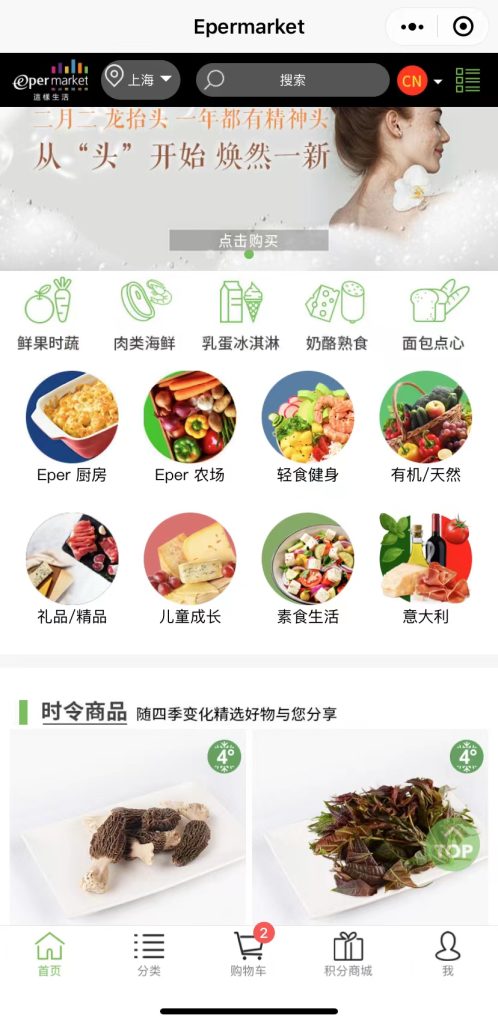
Chinese E-Commerce Platforms (e.g., Tmall Global, JD Worldwide)
Leveraging established Chinese cross-border e-commerce platforms is essential for gaining visibility and building trust among Chinese consumers.
Choose reputable platforms that align with your target audience and product category. Set up official brand stores on these platforms to provide a seamless and trusted shopping experience for consumers. Utilize platform-specific marketing tools, such as banner ads, sponsored product placements, and recommendation algorithms, to increase product visibility.

Running Promotions, Discounts, and Special Offers
Promotions, discounts, and special offers are highly effective in enticing Chinese consumers and driving sales during peak shopping periods.
Plan promotions around major Chinese shopping festivals like Singles’ Day (11.11) and Chinese New Year to capitalize on heightened consumer spending. Create a sense of urgency by offering time-limited promotions and discounts to encourage immediate purchase decisions. Package complementary food products together or offer cross-selling incentives to entice customers to explore additional products.

The Brand Advantage: How to Win Over Chinese Customers in a Competitive Market
Well, this question can be complicated, because if you want to choose those reliable and efficient cross-border platforms, you have to prove that you have already brand awareness in China. Because platforms like Tmall Global only accept popular foreign brands.
Besides, Chinese customers only pay attention and give confidence to brands that are recommended by their friends or family, and those brands that have an excellent reputation in China. Therefore, branding is essential if you want to sell through cross-border platforms.

GMA is a digital marketing agency based in Shanghai. Since 2012, it has been providing cost-efficient marketing strategies for its cooperators. Thanks to its passionate and professional team, made up of marketing specialists from all around the world, including China, our agency can combine perfectly your demand with the Chinese market.
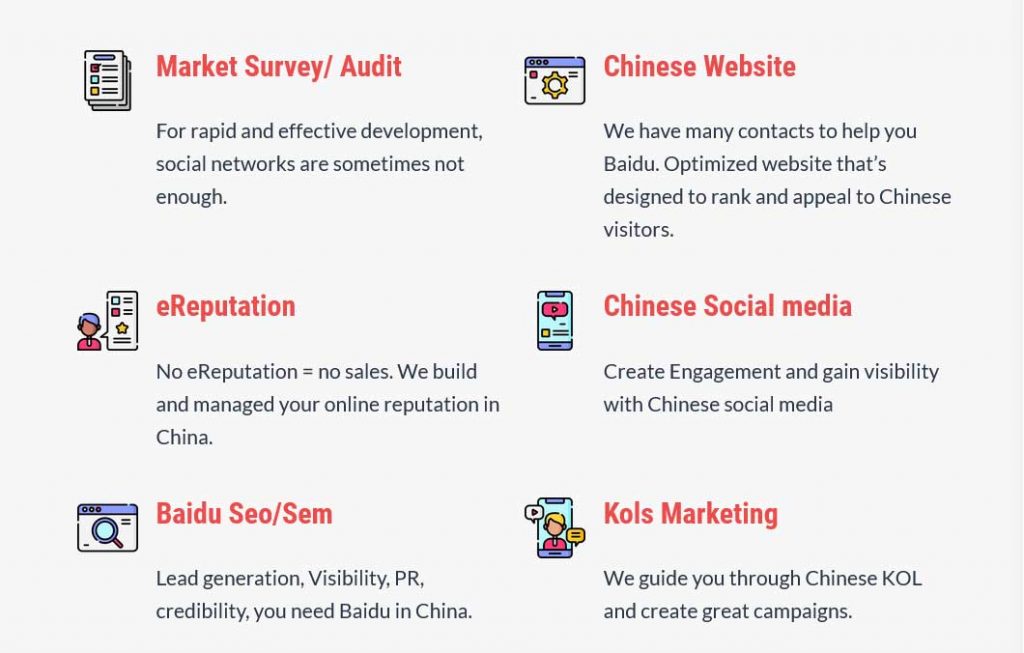
We are an expert in services:
- Baidu SEO
- Chinese social media campaigns
- E-reputation & community management
- Cross-border & e-commerce agency
- PR
Contact us to know more.
